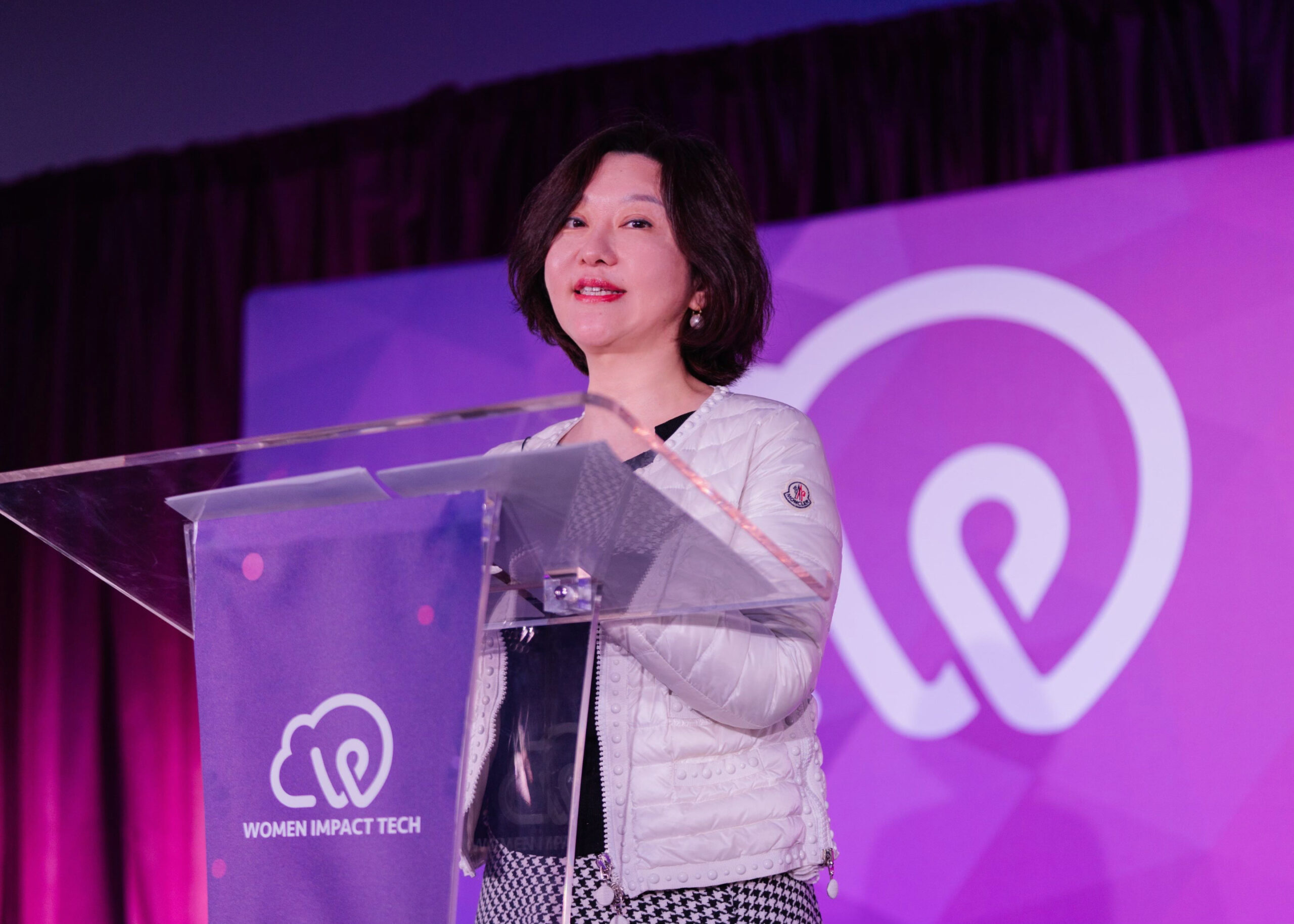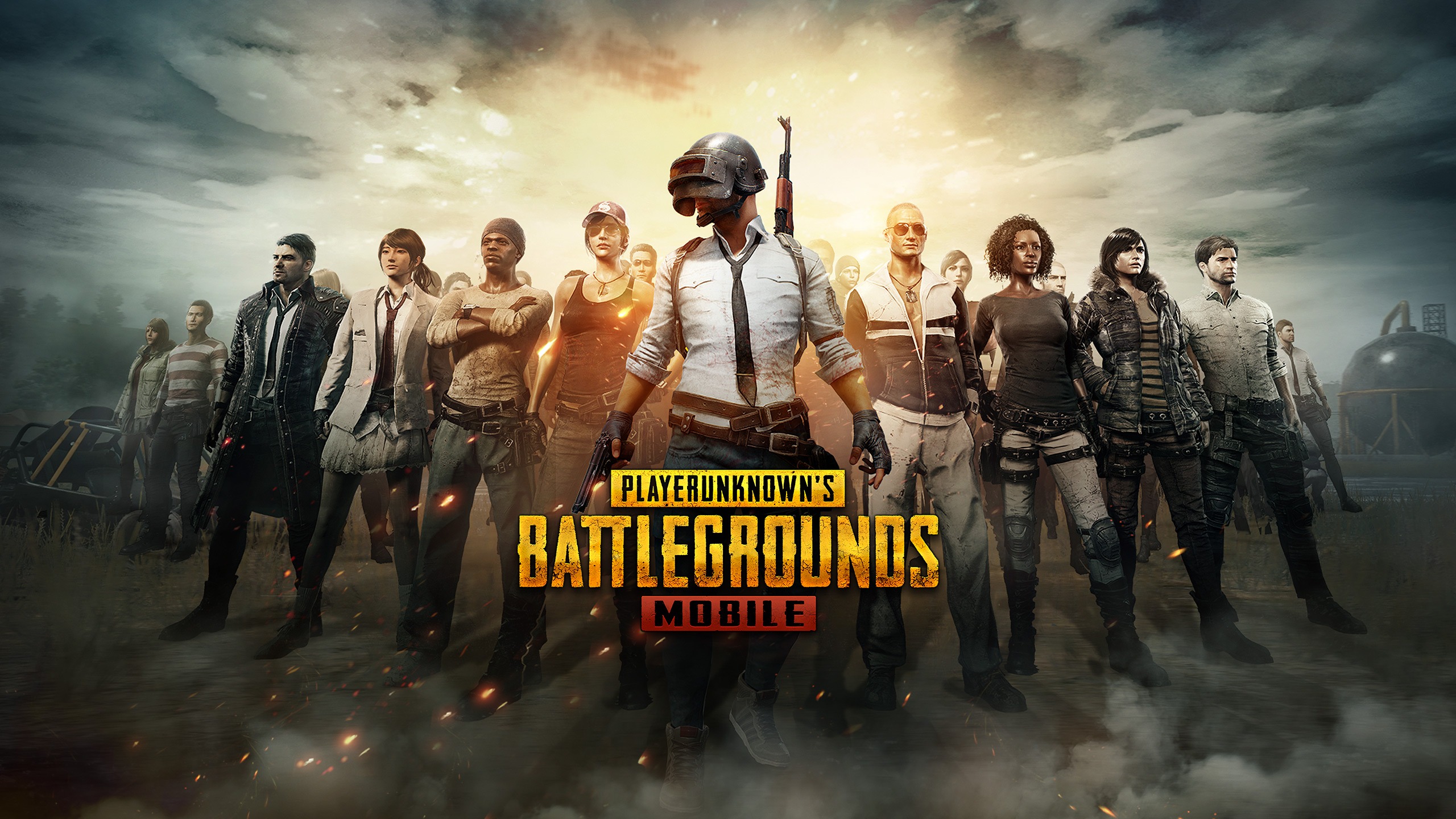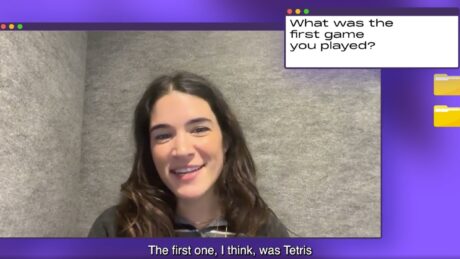As the game industry’s premier professional event, the Game Developers Conference (GDC) offers a platform for the game development community to share ideas and insights across a whole host of topics. For Tencent Games Global CEO Michelle Liu, it was also a chance to be part of the Women Impact Tech Conference that ran concurrently with GDC.
With over 20 years in the gaming sector, Liu’s experience has given her a unique perspective and valuable insights. Discovering her true passion for the medium by chance, the increasing potential of games to deliver positive impact and values to communities became increasingly clear to Liu and is a movement that points towards impending change.
“Sometimes, this job can also be very challenging because the world of gaming is changing and expanding. Our gamers expect us to break the mold and find new ways to deliver personalized gaming experiences. Their ever-changing needs drive us to break the old barriers impeding connections and self-expression,” said Liu.
Transformative “Games as a Service”
One of those ways is Games as a Service (GaaS), a business model that’s growing in popularity. It sees titles regularly delivering value to users with new and updated content, meeting their needs with the evolution of the game.
The digitalization of the world has created a new generation of players who are no longer satisfied with the norm. Instead, they possess a “strong desire for self-expression” which means “games can no longer be close-ended, one-off, fixed experiences with no way to form connections with others,” Liu said.
GaaS effectively serves players and creates a long-lasting impact due to three important factors, she said. As a start, GaaS pulls in those who otherwise might not even be gamers, bridging the gap between PC, console and mobile players, thanks to cross-platform playability.

“Games like Genshin Impact, which offers close to 30 hours of free, premium content across PC, console and mobile, is an example of how combining free-to-play with cross-platform functionality can help expand the player base and earn universal acclaim,” Liu added.
Furthermore, GaaS has changed the way players engage in games. Rather than being restricted to a linear progression, games under this model “tend to be open-ended, moddable, with dynamic narratives, and constantly updated with new content.” In fact, players are often encouraged to create, leading to user-generated content that further joins the community and developers.
Lastly, the social elements of the GaaS model make it easier for players to connect with one another and form relationships centered around the enjoyment of a game.
“Today, socializing offline can be increasingly difficult, yet people still crave social contact. Live-service games offer a pressure-free virtual place, where ‘genuine relationships can flourish.”
At Tencent Games, GaaS has become an important part of the company’s DNA, and over the years, the teams working on titles have been gaining valuable experience, which has been applied in different ways to push for positive evolution.
Harnessing the Potential
Liu pointed to PUBG MOBILE, a global phenomenon that has united players from all over the world across all platforms, and Honor of Kings, the world’s most-played multiplayer online battle arena game.
Both titles are free-to-play and fit the GaaS model to a “T.” The former is a battle royale game that has reached 50 million peak daily active players globally, “creating a rich and diverse experience for everyone.” The latter is an online battle arena mobile game, offering optimized controls, focused maps, and shorter playtimes that suit mobile gamers.
Essentially, both games have helped tremendously in changing the perception of mobile gaming, and to some extent, GaaS, as titles that pale in comparison to the traditional AAA product. Here are two games that are constantly kept fresh with new content, incorporating player feedback, and continue to evolve in order to keep up.

The success of both PUBG MOBILE and Honor of Kings is only the beginning, with Liu keen to share more about the possibilities.
“The gaming industry has always been the most-active industry in the application and promotion of cutting-edge technology. Apart from developing games for high-quality interactive entertainment, Tencent Games also actively develops games for social good by working with the scientific, educational and cultural sectors,” Liu said.
Games like Blue Bridge Café, which educates about AIDS prevention and control, Tumor Doctor, which provides a simulation of treating tumor with useful knowledge, and Seeing, which helps players to understand the challenges faced by the blind population, are representative of further application of the GaaS model.
Using games as a vehicle to generate positive impact on society and create a better future for the next generation is a notion many can get behind, and for Liu and Tencent Games Global, it is exactly the objective for the future.
“Looking ahead, while Tencent Games continues to create more possibilities for the gaming industry as a whole, it will also focus on Tencent group’s mission and vision – “Value for Users, Tech for Good” through its commitment to corporate social responsibility,” Liu said.

